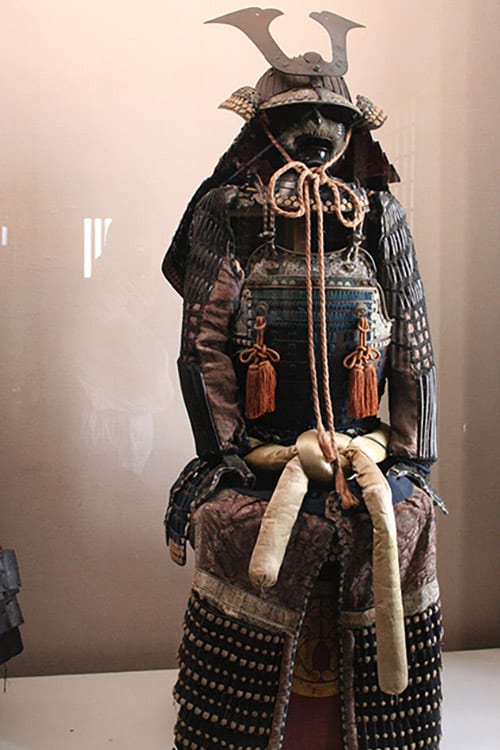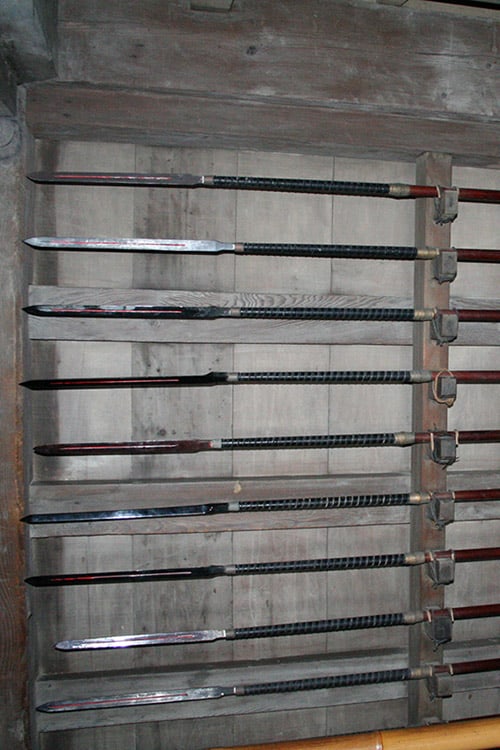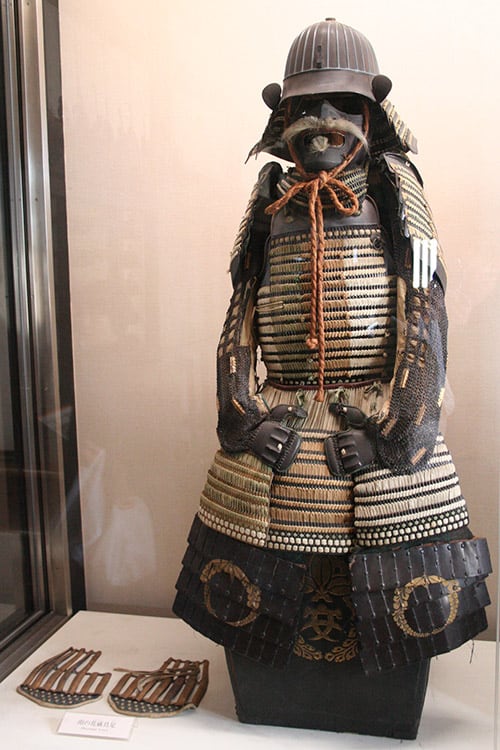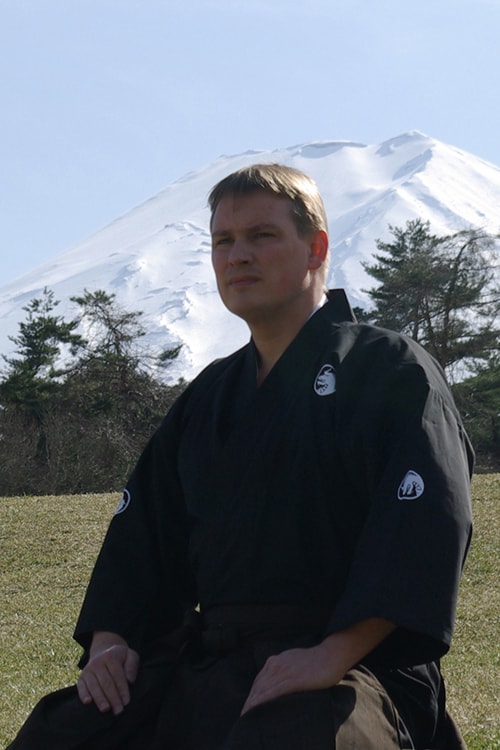Who were the samurai?
TATSU-RYU-BUSHIDO.com
The samurai – or as they are often called: The Knights of the Far East – are generally known as the Japanese warrior nobility. However, the name samurai comes from the Japanese verb saburau, which means to serve and is not necessarily associated with a heroic warrior at first glance.
The first use of the term samurai probably dates back to the eighth century. However, contrary to all assumptions, this term does not initially have a military context, but was used for simple house servants who looked after elderly people. The concept of service in a military context only emerged later.
After the centralisation of the Japanese system of government and its military system in the seventh and eighth centuries, following the example of the Tang in China, the emperor had to maintain armed forces to suppress potential rivals and protect his imperial power. Many soldiers were recruited from the rural population, but this meant a sharp reduction in the number of men able to work in agricultural production. In times of peace, these men were released back to their land to be worked.
However, in order to maintain a certain strength in the military, men from wealthy families and clans who did not have to work in the fields for a living were enlisted. In addition, they were skilled in the arts of riding and archery and were instructed to maintain their skills. Foot soldiers were placed under their command and assigned commissions. This created the first relationship between professional soldiers and a ruler to whom they were subordinate and based on loyalty.
Over time, a kind of rural warrior nobility developed and large clans emerged, which remained almost autonomous but tried to increase their influence at court by taking over court offices and appointing provincial governors, thereby increasing their wealth. The financial resources at court were gradually depleted due to the splendour of life, so that there was no other option but to enfeoff tax-free land to the armed landed gentry.
The hoped-for income from these estates often failed to materialise, as the feudal lords (daimyō) hired armed men to chase away the tax collectors. This wealth had to be maintained and the property protected from rivals and other families, so they employed armed servants – the samurai – who became an increasingly important instrument of political power for these local lords.
In the event of war, the samurai were deployed as officers, to whom simple foot soldiers from the population were subordinated. In addition to these duties, however, more and more administrative tasks were added, as craftsmen and merchants increasingly settled around the residences of the feudal lords alongside the subordinate retainers, so that entire castle towns developed over time. As the landed nobility grew stronger, the emperor’s power continued to decline as he became too dependent on them.
The areas from which the tax revenue was to come were under the control of the daimyō. Gradually, richer and rival clans grew up, which increasingly gained a foothold at the imperial court, the centre of power, and strongly influenced politics.
The emperor lost his real power and became the puppet of the strongest clans, who even rose to become members of the imperial family by marrying imperial princesses.
This decline in the emperor’s power began in the Heian period (794 – 1185) and continued over the years. During the Kamakura period (1185 – 1333), the ruling Minamoto clan established Japan’s first (field) government, which was founded by the warrior nobility. The general was called shōgun and established a new political centre and his seat of government in Kamakura. In 1333, however, the power of the Minamoto also came to an end.
In the following centuries, there were many changes of power and the country was littered with wars over power and property. In 1603, a daimyō finally managed to take over the government and gave the country 265 years of peace.
In the following centuries, there were many changes of power and the country was littered with wars over power and property. In 1603, a daimyō finally managed to take over the government and gave the country 265 years of peace.
Tokugawa Ieyasu forced opposing daimyō, or at least those not fighting for him, to maintain expensive residences at the new seat of government in Edo, where his family had to reside. The daimyō themselves remained in their provinces and usually only came to Edo once a year. This financial expense meant that there was little scope for military action. In the 18th century, however, there was renewed unrest against the government and voices were raised calling for the restoration of imperial power.
In 1868, Meiji finally became emperor, who once again exercised power with the help of a parliament. Meiji issued decrees that severely curtailed the prerogatives of the samurai, thus driving their integration into the new social order. This era ultimately meant the downfall of the samurai.





